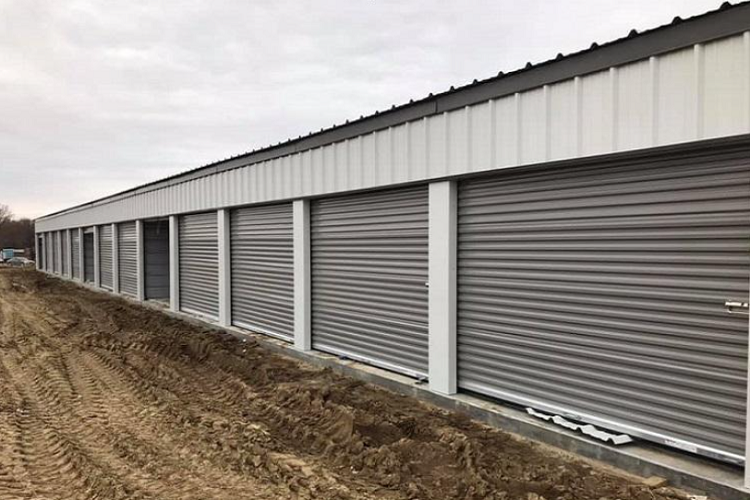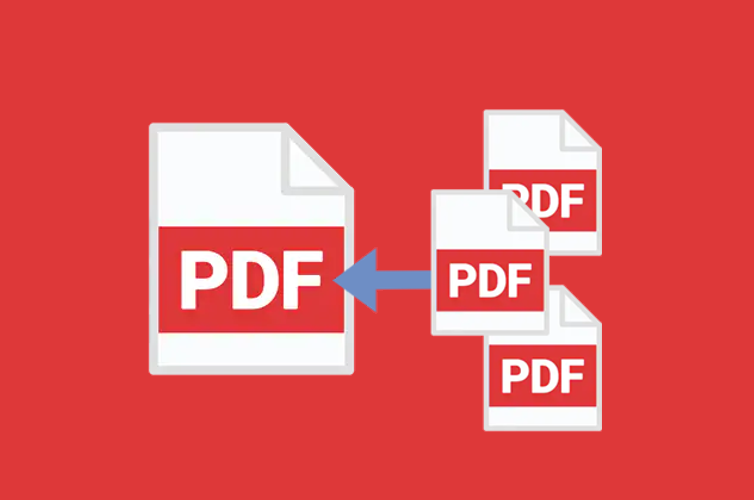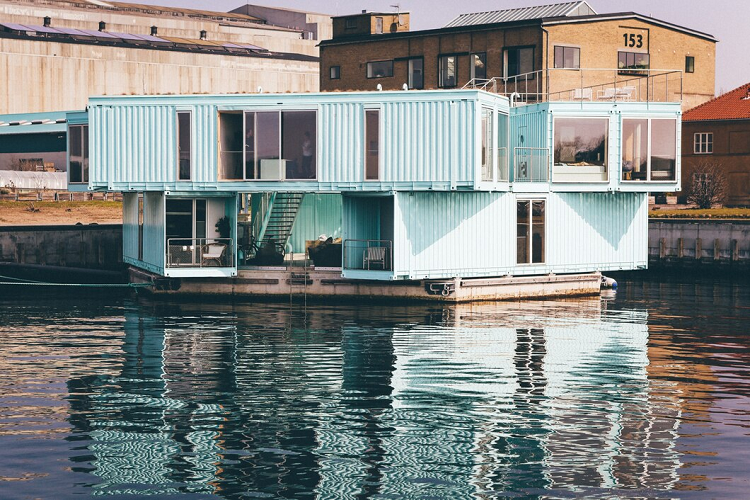Have you ever thought about starting your own self-storage business? Storage facilities are becoming as prevalent as gas stations and car washes due to the increased need for extra space. The self-storage business is booming and will continue to be a necessary service for many. Whether a family has lost a loved one and inherited their estate, is downsizing or reorganizing their home, or is moving locations, self-storage facilities become the answer to where to safely keep items during these times.
A recent statistic showed that 10% of the US population uses storage facilities for at least ten months out of the year. Another reported 38% of Americans use storage units for an average of 11 months out of the year. Either number is a mass amount of people searching for this type of service in their prospective areas. So, the reasoning behind starting a self-storage business is sound, but how does one actually go about it?
Starting a Self Storage Business: Ultimate Guide
Planning, preparation, and realistic expectations are essential when starting a new business. There is not a one-size-fits-all way to go about starting a business, but many entrepreneurs use certain steps to ensure a smooth transition. These steps help ensure you’ve taken the appropriate measures to start a successful self-storage business. Here are the eight steps that should cover your entrepreneurial journey from start to finish.
Create a Business Plan
Your business plan should be extensive, documenting everything from the mission of your company to strategies for funding, potential locations, market research, and future staffing intentions.
It should encompass the goal of your business, who your target market is, and a breakdown of your finances. It should also include multiple aspects of the business: mission statement, vision statement, ownership of the company, what your sources of capital will be, revenue streams and profit margins, and research you’ve conducted regarding the market and competitors.
There may be other data and factors that you’d like to include as you begin formulating your business agenda, but this first step is crucial to begin your business.
Determine Funding
How are you going to fund your business venture? Investors or a small business loan? Self-storage businesses have lower startup costs, but this can still be a hefty amount. Startup costs include land, storage building (existing or one being built), permits, registrations, insurance, and materials and labor (if necessary). Other fees and expenditures must also not be overlooked. These include but aren’t limited to:
- Security – locks, cameras, and guards
- Monthly Expenses – loan payment, insurance, utilities, maintenance, cleaning, employee paychecks, and marketing
- Unforeseen Costs – This can range from a leaky roof to new computers for the front office.
Figure Out a Safe and Lucrative Location
Though your business plan gives you a guide by which to proceed, and funding allows you to move forward, location is perhaps the most important part of starting a self-storage business. There is one question you need to ask yourself. Do you want to buy land and build your own storage building, or do you want to find and buy an existing storage building? Finding an existing building is less costly, but here are a few things to consider:
- Is the building in a safe and secure location?
- Is the building in a heavily trafficked area?
- Is the size of the building conducive to earning profit or will it be limiting?
- Is the size of the building too large and unable to be filled and maintained?
- A 10×10 storage unit is the most sought after size. If your building does not accommodate a large number of these particular units, it may be best to move on.
If you’re on the hunt for land, be sure to research where a large population of people are in need of such a service. Again, a safe and secure area is necessary to draw in customers. If you decide to build, you need to factor in several things:
- Land Development – Does the area need to be bulldozed, leveled, or cleared?
- Permits to Build – Are there any existing issues that would cause construction to be halted or never begin?
- Labor – This will be an additional cost that must be factored into the business plan from the beginning.
- Materials – Another additional charge that raises startup fees.
Whether you build or buy an existing storage facility, the material of the building needs to be taken into account. There are many benefits to owning a steel storage building. Not only is metal less costly and can be customized to your specifications, it also requires less maintenance, is durable and able to withstand the elements, and is less likely to catch fire, which gives the added benefit of lower insurance costs.
If you’re looking for an even easier yet still trustworthy way to secure a building but don’t want the hassle of designing and overseeing it yourself, there are metal storage building kits that can be bought and assembled.
Obtain Licenses, Permits, Registrations, and Insurance
In this case, the saying “better to ask for forgiveness than permission” is NOT the smart thing to do here. After securing the perfect location, licenses, permits, and registrations must be completed. This process entails a lot of paperwork, like a certificate of occupancy, small business permits, tax forms, and service contracts, to name a few.
Each state, even counties, has different processes that you’ll need to research; luckily, there are multiple avenues to find this information (online, State Department, Small Business Administration). Taxes aren’t fun for anyone, but neither are IRS audits and evictions.
Insurance is non-negotiable. The future of your business depends on it. Not only do you want to be protected, but your customers are relying on you to keep their possessions safe. Unfortunately, weather, vandalism, and accidents do happen, but insurance gives you financial security and the ability to move forward.
Commercial Umbrella Insurance is an extra layer of protection in case your basic insurance policy does not cover substantial claims. Cyber and Data Insurance should also be considered due to the rise of hackers and online identity theft.
Brand Yourself
Who are you, and how do you distinguish yourself from your competitors? There are self-storage facilities everywhere, and the industry is still growing. Your brand must set you apart so that when people are on the search for extra space, they bring their trust and money to you.
- Why should they choose you and your company to safeguard their belongings?
- Once you have your customers, how will you keep them?
Businesses don’t just need to draw in new clients, but they need to keep existing ones. Your brand can mean the success or failure of your company; it is what consumers are either drawn to or wary of. Make sure it not only showcases your company’s goals and values but acts on them as well. Branding is an important step that plays an influential role in the next one, which is a marketing plan.
Execute a Stellar Marketing Plan
The way to earn customers and continue financial success is through marketing. Determine how you want to get your brand out into the world. There are a number of ways: company website, business cards, social media marketing, and ads.
There are also ways to promote your business, such as videos shown on your website and social channels and press releases sent to newspapers and TV stations that garner a lot of traffic and attention. The most recent marketing strategy has been to use an influencer to promote businesses. Utilize all of these options; don’t limit yourself.
Launch a Solid Business Website
This one needs its own section because your business website can greatly impress or greatly deter both new and existing customers. A business website needs to be appealing, but even more so, it needs to be user-friendly. Ensure the website is easily navigated by anyone between the ages of twenty and eighty-five. This has become increasingly important as many of the business processes have gone virtual.
People will want to search your website to find facts and figures about your specific storage facility. Information is key, and it can be off-putting if it isn’t easily accessible or not there at all. Customers should be able to find two vital pieces of information: the different sizes of units and the cost for each.
Another important reason to have a user-friendly business website is so that customers can book units through the website instead of in person as well as make payments online. Much like other businesses, people could have the option of setting up automatic monthly payments, resulting in less hassle for both provider and consumer. These two processes solidify that your self-storage business is reliable, viable, and relevant.
Finally, your business website promotes your brand. Potential customers will know what the goals of your business are and how you are setting yourself apart from other similar businesses.
Hire Help
It’s become ingrained in human beings that we must do things on our own. This mentality only brings about stress and declining health while taking the joy out of something that once brought us happiness. A business is a vast venture in and of itself. All aspects of the business mustn’t fall under the business owner’s purview. Here is a list of employees that you should most likely have on the payroll; depending on the size of the company and how quickly it grows, this list may easily change.
- Business Owner (CEO) – unless this title is given to someone else)
- Marketing Executive – This position creates and maintains the business website, social media accounts, and any other outlets that promote your self-storage business.
- IT Officer – If the marketing executive is well-versed in computer systems, this could fall under their job description. Otherwise, having an IT officer on hand or speed dial is necessary to make sure all systems are running properly, and no issues occur, especially regarding online payments.
- Customer Service Representative – This would be someone who meets with the customers, shows them the facility, handles contracts and keys, and who also deals with complaints.
- Accountant – Accountant helps businesses keep track of their finances and ensure the accuracy of financial records. They provide valuable advice on how to manage money more efficiently and effectively
- Technical Officer – This position makes sure your self-storage facility is well-maintained, and building issues are quickly addressed. Again, depending on the size of the building and knowledge of operations, this could fall under the business owner’s directive.
Though titles may change, more or less added to the list, the point is to find those who will help your business not only function but thrive. Utilize your resources and delegate where needed to get the work done and grow your business.
Conclusion
Becoming a self-storage business owner is a smart move toward a long-term investment. Start-up costs are low, goals are tenable, and the need for such a service continues to grow at a rapid pace. Self-storage facilities will always be utilized, whether due to a death in the family, the need for extra space, or someone moving locations.
The steps above aren’t hard and fast. As you begin your business venture, your goals will guide your business plan. Strong preparation and execution are necessary to successfully start and run a business, but so is passion. Celebrate the achievement of being one of the few who doesn’t just talk about starting a business but takes the leap and actually does so.
Now is the time to start your self-storage business. Stop reading. Start planning.
Amanda Stockwell is a freelance writer, knowledgeable in many subjects such as start-up businesses, specifically steel self-storage buildings. She has an MFA from Stephens College, is a mother to two and wife to an Air Force pilot, and when she’s not writing and editing, she can be found reading or baking.











